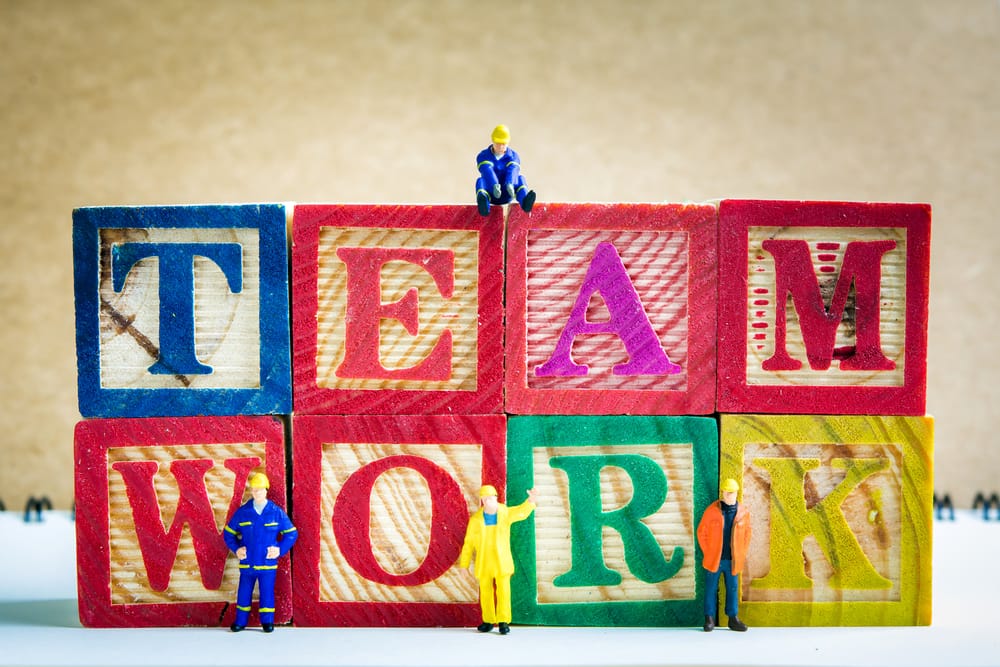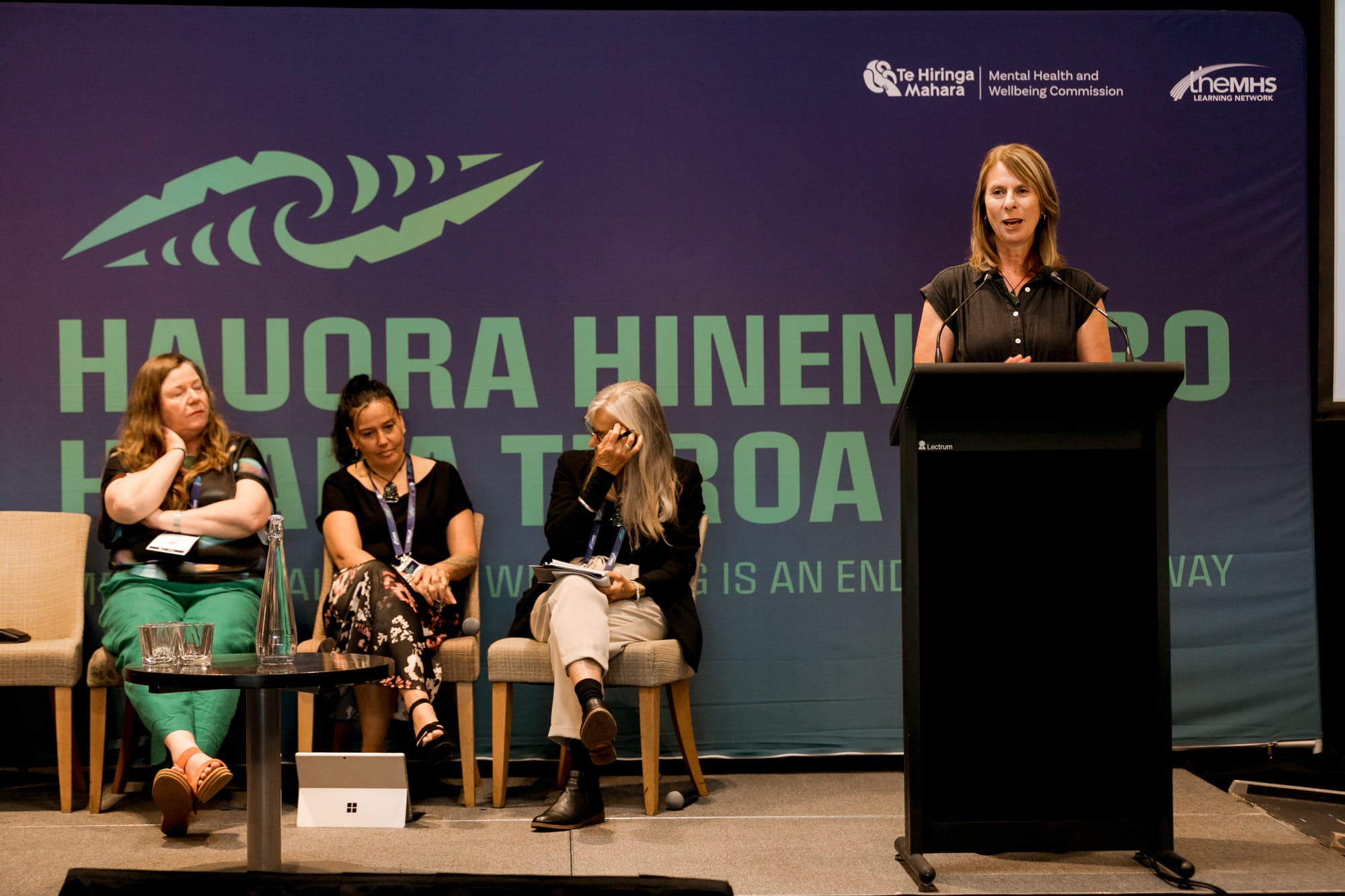
Warriner's window
“Kia whakatōmuri te haere whakamua”
When I accepted my first job in the mental health “business”, provided with a pen, notebook and brief case, I never imagined that 30 plus years later, having stepped down from my role as CEO at WALSH Trust, I’d be asked to draw on that experience to contribute to a monthly digital magazine!
But here I am; very much more reflectively walking backwards into the future. “Kia whakatōmuri te haere whakamua” has never held more vivid relevance and resonance for me, transitioning to a very new chapter of life.
Origin story
In 1991 I was offered the part-time role of “Vocational Support Worker” with the Accommodation for Mental Health Society (AMHS – an organisation that serendipitously, in this new Century, formed one half of what became Ember Korowai Takitini). I was a former dairy farmer; I was very keen but had absolutely no experience of work in the mental health sector. For this reason, I will be forever grateful to the six people (who comprised the whole organisation!) who interviewed me, and particularly my new boss – a remarkable, charismatic and very determined woman who founded AMHS in the late 1980s.
We are worth more alright!
My salary in 1991 was $12 per hour. This was more than 200% above the minimum wage at the time ($3.80 per hour).
When I think back now, it seems a remarkable salary to offer a keen, but completely in-experienced ex-dairy farmer, looking for an opportunity to make some kind of contribution to assist people experiencing poor mental health (in those days referred to, somewhat clumsily, as “Psychiatric Consumers”.)
By comparison, in 2025, the starting rate for a new, unqualified support worker, (set through the pay equity settlement 2022) is $23.50 per hour. Shamefully, this is the equivalent of the minimum wage.
For an experienced (a minimum of 12 years) or qualified support worker, this will attract a minimum of salary of $28.25 per hour.
Highlighting this in 2025 is obligatory; $28.25 per hour is just 20% above the minimum wage.
It pays to be a good historian
My memory recalls life in New Zealand as pretty good in 1991. The average kiwi (earning the average wage of $25,000) could reasonably plan to buy a home, (average price $106,000). While a few beds remained operational in Carrington Hospital, access to mental health care in the community was developing – with support from new community-owned NGOs.
That all said, following Ruth Richardson’s “mother of all budgets”, New Zealand was entering a significant recession. In December that year, annual growth had dropped to minus 1.3%.
At that time, I was still in sponge mode, learning all I could as quickly as possible about my new job. It was also an exciting time and environment to work in; enthusiasm garnished by hope was a norm.
I think any analysis of “…what has gone wrong with our health system” just can’t ignore our neglect of our human services workforce; not just a recent phenomenon but formed out of 30 years of endeavour. How did we arrive at this place where human services now, seemingly hold such little value to us?
I recall regular ideologically, fiscally and politically driven restructures of the “health system” since the early 1990s – usually after a change of Government. Each could claim their successes - while at the same time ignoring the (with hindsight, extensive) collateral damage.It would be completely disingenuous to disconnect the cumulative contribution of those restructures from the complexity and deeply embedded challenges we face today.
Anyway, back to the early 1990s… my orientation to my new role was especially memorable. I was constantly being asked, “…and what qualifications do you have?”. My answers consistently underwhelmed and usually closed the conversation. In a fit of adolescent pique, (that I’m not proud of) I eventually resorted to flippancy in pushing back; “I’m a qualified bovine artificial insemination technician”, which I was – and which in fact I still am!
Sticking with it
I was obviously meeting people with far, far more experience than myself, and so I was a little deflated when told, more than once, “What you need to realise Rob is that many of these(sic) people will never work again”. In hindsight, my learning and trying to do my job (ie. support people into employment – and then supporting them to keep the job) in such an environment was the greatest gift I could have asked for. My ignorance and naivety became my super-powers.
I was briefed by many that my greatest challenge would be in “confronting stigma and discrimination in the community – and particularly with employers”. In fact, my greatest challenge turned out to be mitigating the power, stigma and discrimination of the mental health system. The greatest expertise that seemed to exist was in “turning” people into patients. It seemed that there was a chapter still to be written on how to reverse that process.
I learned an awful lot in my new role from a friend who had spent many years in Tokanui Hospital. He had a gift of being almost sage-like and profane in the same sentence. He could be a fiery, opinionated character, who enjoyed an argument. He had long lost count of the number of times he was assessed / treated as becoming “unwell” whenever he lost his temper, or became “inappropriate” in his argument. He reinforced a message I’d already heard hinted at by others:
Attitudes that shaped the culture, and that encouraged the supression of human values and qualities in professional roles. This contributed to essentially “good people” to think within quite constricted parameters, to perform the most bizarre, occassionally inhuman actions and practices, in the name of caring and treatment. These attitudes also reinforced the exclusivity of the knowledge created - over a very long period of time - and jealouly possessed within the system.
Gradually, my endogenous enthusiasm and excitement of starting a new role, a new career –even after witnessing and being inspired by people’s dogged courage and some amazing transformations – was begining to wane. By the mid-1990s I’d grown a sense that I was working in an environment where things were fundmentally flawed, but my limited experience could imagine no alternatives or solutions. I found that my reserves of optimism for change were running low.
It was then that I read the most astonishing journal article. It was describing how they were providing mental health services in a city in northern Italy , it ignited my hope and It's where I'll pick up in June. Please subscribe to Horizon, if you haven't and do take the time to leave a comment in the box below.


